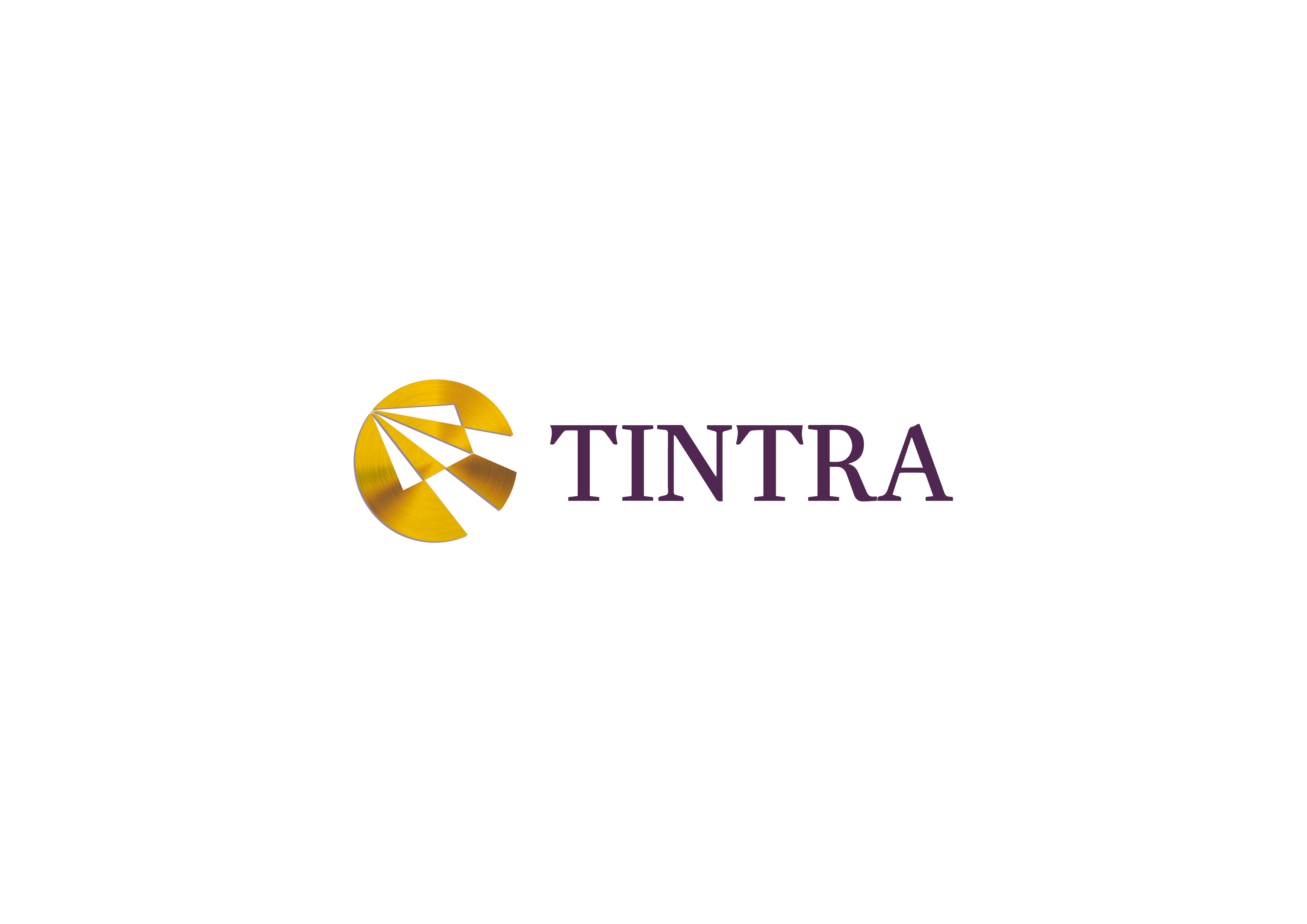The financial orthodoxy is predicated on the inequalities created by what is essentially neocolonial, Western-centric thinking. Simply based on geography, people and organisations are designated as ‘low-risk’ (typically this means ‘from somewhere similar and/or deferential to the U.S.’) or ‘high-risk’ (the opposite).This system is obviously wrong – intellectually, practically, and, of course, ethically. The concept of discriminating against people on purely geographical terms is a status quo that we are not happy with.The global financial infrastructure is not fit-for-purpose to cater for a world in which emerging markets are exploding in influence. My company, Tintra PLC, is building an alternative.Tintra is a highly innovative Deeptech & Banking Company utilising artificial intelligence and Web3 technologies to build a revolutionary, global, borderless banking infrastructure. We are endeavouring to bring fiscal inclusion to all by eliminating the endemic cultural, racial, and geographical biases in finance.We’re creating advanced solutions to cross-border global financial friction, with machine learning innovation to remove the endemic bias against emerging markets. And we’re mirroring this borderless role in the Metaverse, with the world’s first built-for-purpose Web3 bank and Web3 infrastructure being reverse-engineered into a modern compliance framework. Essentially, we are building a platform built on tomorrow’s technology, based inside today’s compliance infrastructure.And that’s just our day job! While Tintra exists to bring fair and equal access to emerging market banking, we equally recognise that the emerging world is home to human societies that have no need, nor wish, for globalising technologies. That’s why we launched the Tintra Foundation: a charitable research organisation dedicated to the understanding and preservation of the world’s remaining hunter-gatherer societies, and led by world-renowned adventurer and activist, Johan Ernst Nilson.

What’s the story behind the founding of the company?
Tintra PLC, in its current guise, was founded in 2021 by our CEO Richard Shearer. Prior to focusing solely on Tintra PLC, Richard advised sovereign funds, high-profile businesses, ruling families, and governments across the emerging world. He has extensive experience and understanding of these emerging markets and the cultures and societies that underpin them.Today, we already have 40 personnel working on the various aspects of our global banking infrastructure and Web3 tech. Our team are world-leading specialists in their respective fields, from AI scientists like myself, to geopolitical experts including Dr Vanessa Neumann and Dr Andrew Bowen.
More from Interviews
- Meet Elliott Wilkes, CTO of Advanced Cyber Defence Systems (ACDS)
- Meet Mohammad Alblooshi, CEO of the DIFC Innovation Hub
- Meet Satish Thiagarajan, Founder and CEO of Brysa
- Meet Ardin Ramani, Founder and CEO of Akadia Group
- Fintech, Digital Markets and More: Interview With Alena Rykunina
- The Power Of Intent Data: Interview With Nyne.ai
- Interactive Fun and Entertainment: Meet Jonny Powell, CEO of 501 Fun
- Meet Shawn Du, CEO and Founder at VAT Reclaims Platform: REvenir AI
What can we hope to see from Tintra in the future?
Our overarching goal is to create banking for emerging markets that drives fiscal inclusion and a prejudice-free trade payments system, by eliminating inherent human biases. And we’re rapidly advancing on every front.Regulatorily, our global banking licence strategy is well underway, and we have recently filed patents in both the UK and the United States to protect our technological inventions. These AI/NLP inventions will revolutionise compliance and help us complete our mission to provide a level playing field for businesses regardless of their geography.As it develops, our broader Metaverse infrastructure will enable communication, interaction, and transaction between currently siloed virtual worlds, and from there to traditional and off-chain financial institutions and systems.We are working hard to use artificial intelligence to enact real change; there’s lots more to come.



